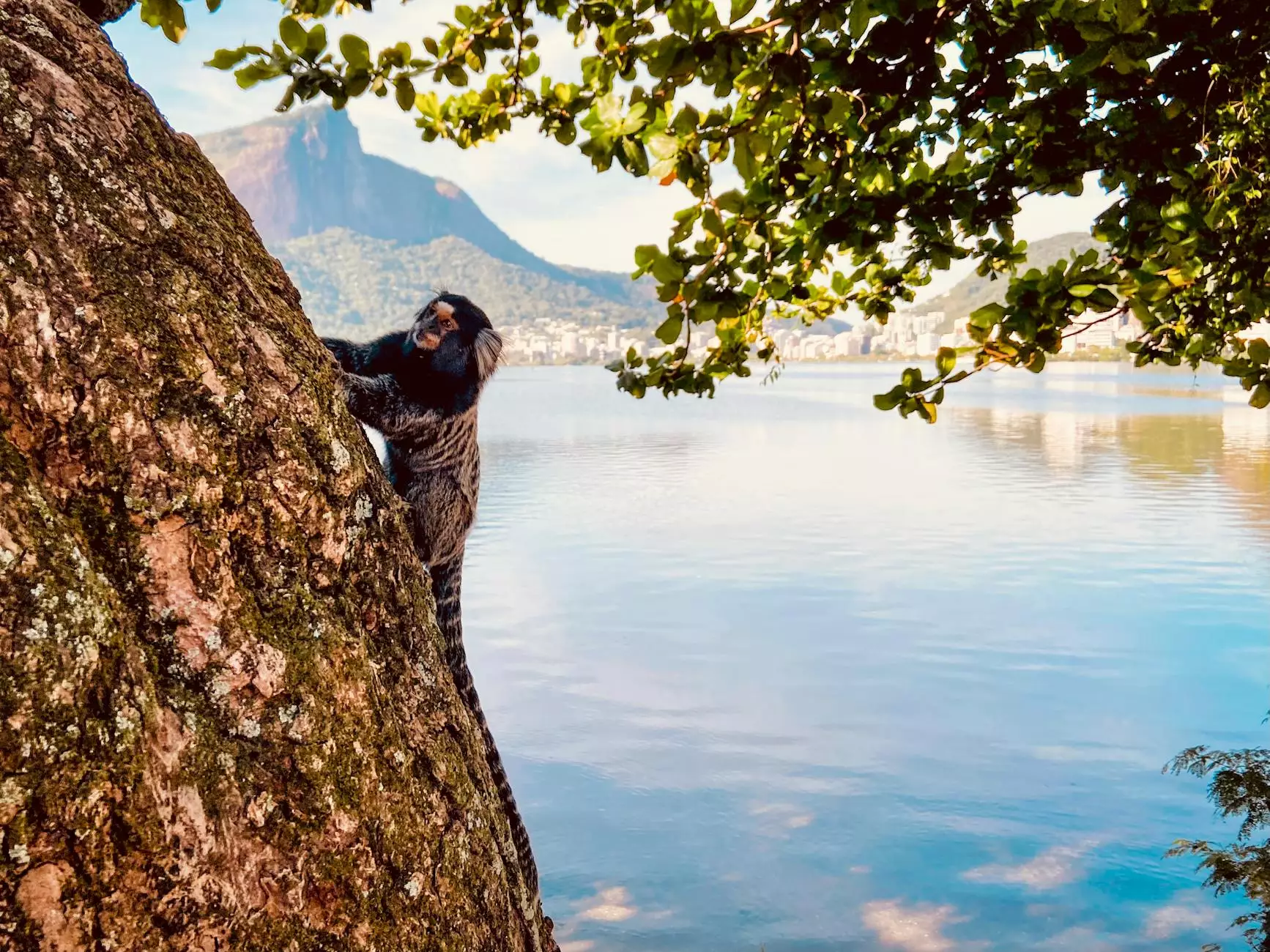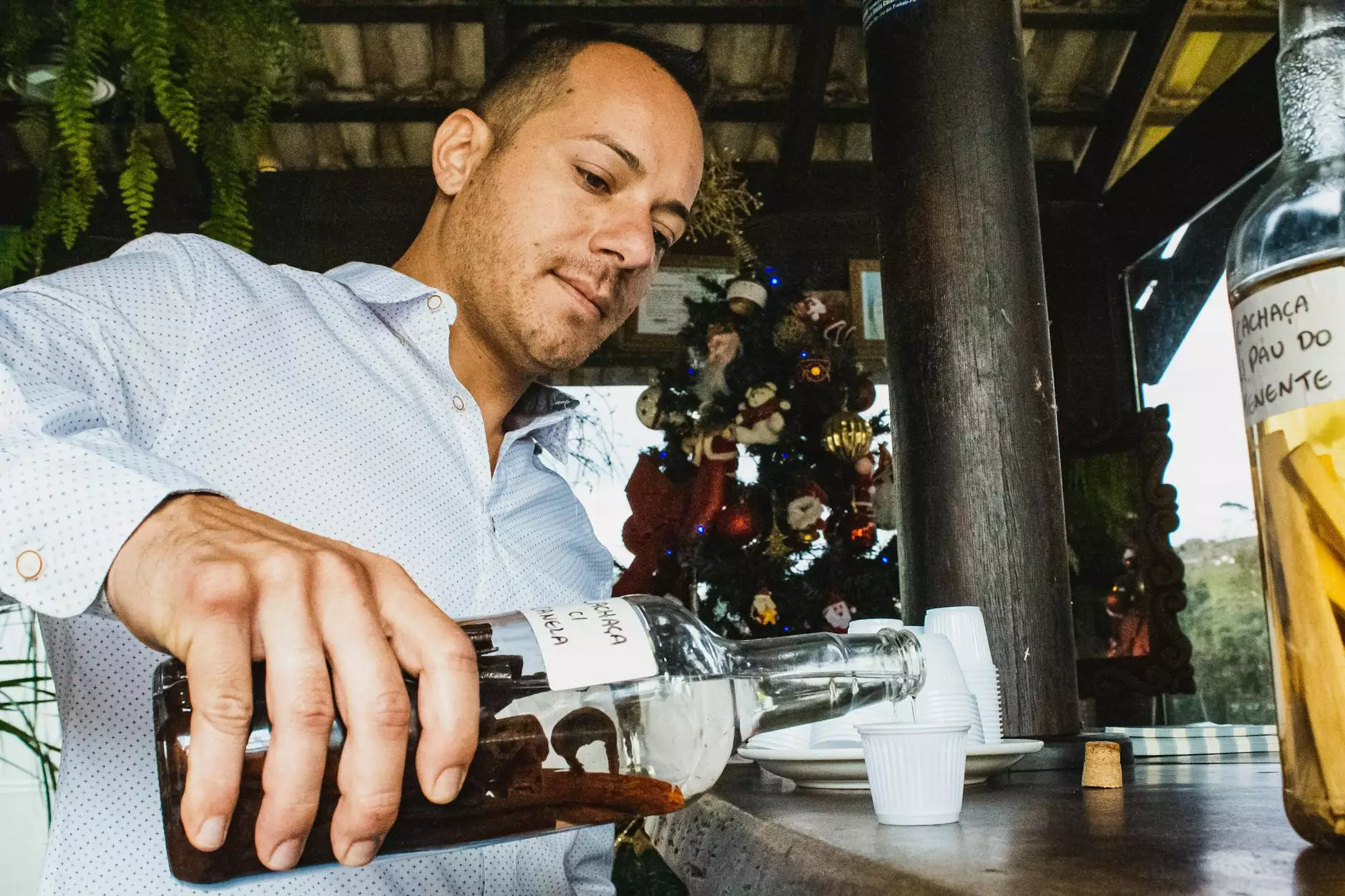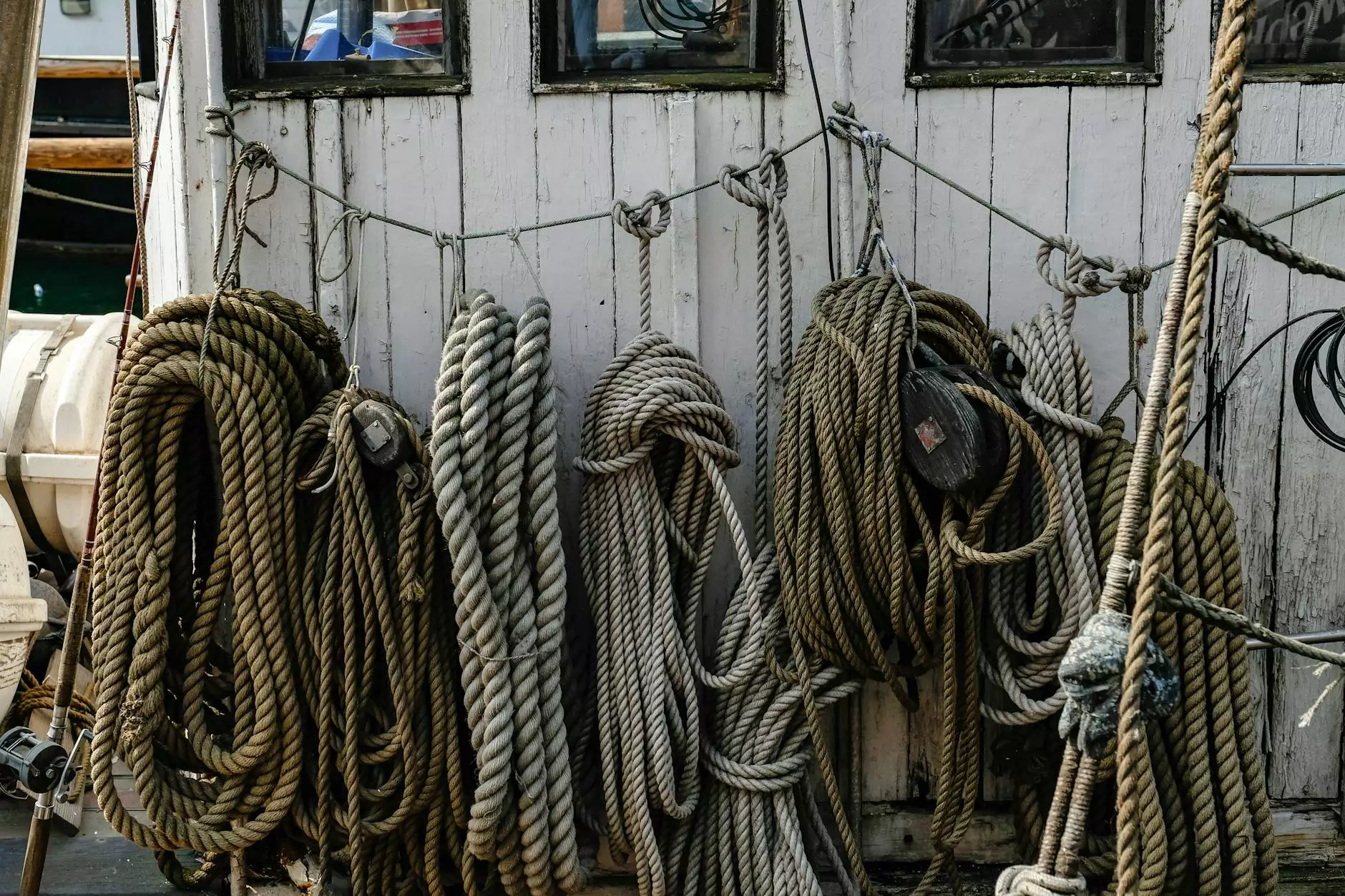Exploring the Monkey Fist - Ships, Parachuting, Mountain Climbing

Welcome to Fork + Rose, your ultimate resource for exploring the intriguing history and applications of the Monkey Fist knot. Our comprehensive guide will transport you through time and space, unraveling the remarkable story behind this versatile knot.
The Origins of the Monkey Fist Knot
The Monkey Fist knot has a long and fascinating history dating back centuries. Its exact origins remain mysterious, with some speculation linking it to ancient maritime cultures, while others suggest its invention by skilled craftsmen during the golden age of sailing.
Traditionally crafted using a single length of rope tightly wound around a small object, such as a stone or marble, the Monkey Fist knot features a distinctive spherical shape with a protruding loop. This unique design provides both aesthetic appeal and functional benefits in various arenas.
The Significance in the Maritime Industry
One of the most prominent applications of the Monkey Fist knot is in the maritime industry. Historically used as a weight at the end of a heaving line, it enabled sailors to accurately throw lines between ships, docks, or other distant objects. The knot's weight and shape ensured that the line could be thrown with precision and distance, making it an invaluable tool for seafarers.
Beyond its practical use, the Monkey Fist knot also carries symbolic importance among sailors. Serving as a good luck charm and a symbol of protection, it became synonymous with the seafaring way of life. Today, many nautical enthusiasts and maritime decor enthusiasts embrace the Monkey Fist knot as a representation of their passion for the sea.
Unconventional Uses in Parachuting
While the Monkey Fist knot may have originated in the maritime world, its application transcends boundaries. In the realm of extreme sports, parachuting enthusiasts have discovered the unique qualities of this knot.
Parachute rigging specialists utilize Monkey Fist knots as integral components in their equipment. By incorporating these knots into the parachute lines, they enhance stability and prevent tangling during high-speed descents. The knot's density and structure enable reliable performance, ensuring a safe landing for thrill-seekers around the world.
Mountain Climbing and the Monkey Fist Knot
The Monkey Fist knot's versatility extends even further into the realm of mountain climbing. As climbers tackle treacherous terrains and navigate vertical surfaces, they rely on secure anchors and sturdy equipment to ensure their safety.
Enter the Monkey Fist knot. Its strong construction and enhanced gripping capabilities make it an excellent choice for climbers. This knot can be incorporated into various aspects of climbing gear, such as ropes, carabiners, and harnesses. Its ability to withstand high tension and provide a firm grip on surfaces adds an extra layer of reassurance to climbers seeking adventure in even the most challenging environments.
Conclusion
The Monkey Fist knot's journey through history is truly remarkable. From its maritime origins as a tool for precision throwing to its unconventional applications in parachuting and mountain climbing, this knot's versatility remains unparalleled. At Fork + Rose, we invite you to continue your exploration of this fascinating knot and discover its timeless significance in various domains.









